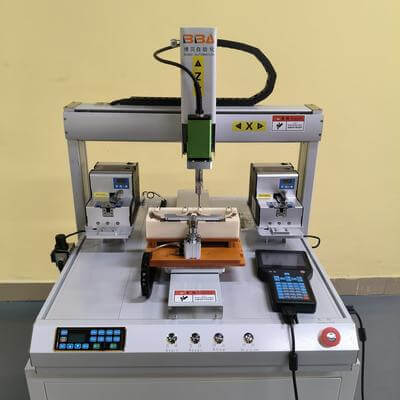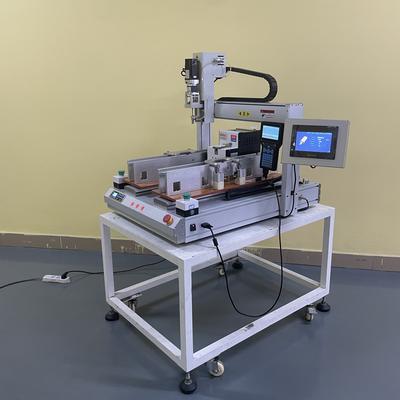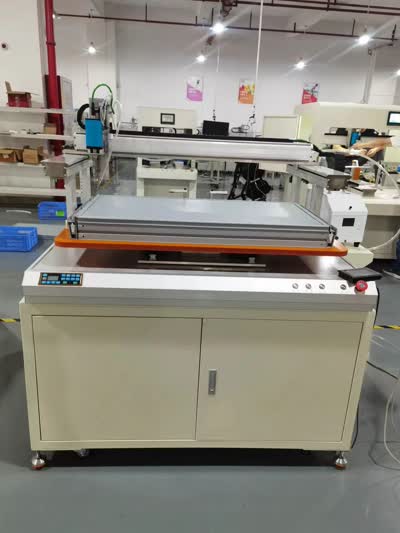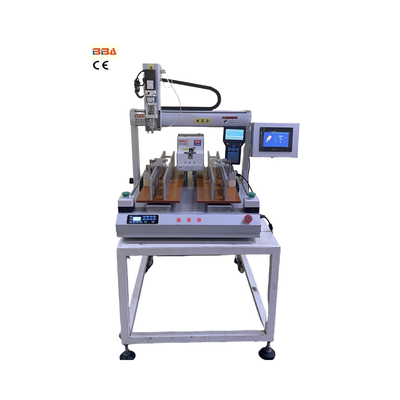Torque Control Mechanisms in Screw Locking Systems | Industrial Automation Solutions

Torque Control Mechanisms in Screw Locking Systems
In industrial automation, screw locking systems play a critical role in assembly lines, ensuring that components are securely fastened without compromising structural integrity. One of the most crucial aspects of these systems is torque control, which determines the precision and reliability of the fastening process. Understanding torque control mechanisms is essential for optimizing performance, reducing errors, and improving product quality.
What Is Torque Control?
Torque refers to the rotational force applied to a screw or bolt during tightening. Too little torque can result in loose connections, while excessive torque may damage threads or components. Torque control mechanisms regulate this force to ensure consistent and accurate fastening, adapting to different materials and application requirements.
Key Torque Control Methods
1. Mechanical Clutch Systems: These systems disengage the driving mechanism once a preset torque level is reached, preventing overtightening. They are simple, cost-effective, and widely used in manual and semi-automated applications.
2. Electronic Torque Control: Advanced screw locking systems use sensors and programmable logic controllers (PLCs) to monitor torque in real time. This method offers high precision, feedback capabilities, and adaptability for complex automation processes.
3. Pneumatic Torque Control: Air-powered systems adjust pressure to regulate torque, making them suitable for high-speed assembly lines. They provide consistent performance but may require regular calibration.
Benefits of Precise Torque Control
- Enhanced Product Quality: Consistent torque minimizes defects such as stripped threads or weak joints.
- Increased Efficiency: Automated torque control reduces manual adjustments and downtime.
- Improved Safety: Prevents over-tightening, which can lead to equipment failure or workplace accidents.
- Cost Savings: Reduces material waste and rework by ensuring correct fastening on the first attempt.
Applications in Industry
Torque-controlled screw locking systems are indispensable in industries such as automotive manufacturing, electronics assembly, and aerospace, where precision and repeatability are critical. For example, in automotive production, properly torqued fasteners ensure the safety and durability of vehicle components.
Conclusion
Investing in reliable torque control mechanisms is a strategic decision for any industrial automation company. By selecting the right system—whether mechanical, electronic, or pneumatic—manufacturers can achieve higher accuracy, efficiency, and product consistency. As technology advances, torque control will continue to evolve, offering even greater integration with smart automation solutions.
| Product Name | Applicable industries |
| Auto Screwdriver Machine | Smartphone Manufacturing |


